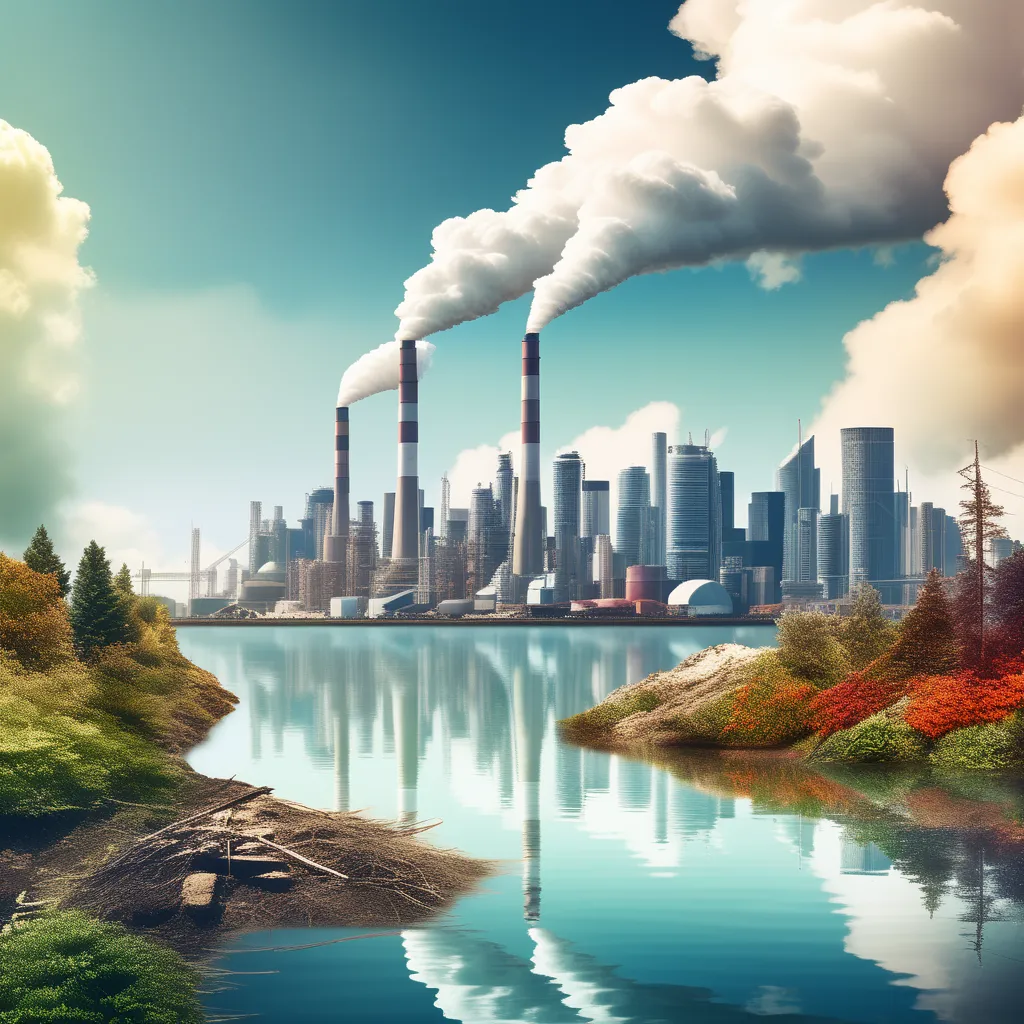With world leaders convening at COP28 in Dubai, there's a renewed sense of urgency to address climate change and limit emissions. Despite numerous pledges to reduce greenhouse gas emissions and keep global warming below a 1.5°C rise, 2023 is on track to be the warmest year on record. Scientists are now anticipating that average global temperatures will surpass the 1.5°C threshold within the next five years.

Utilize the interactive chart below to examine the progress of countries in meeting their commitments under the Paris climate goals. It highlights which nations are on track to limit global temperature increases below 1.5 degrees.
However, not all countries can independently afford the same emissions-reducing actions. Some less affluent nations have set dual goals—one to achieve independently and a more ambitious one with support from wealthy donors. The chart only illustrates the independent targets.
The emissions debate goes beyond simple reductions, considering historical responsibility for climate change. Independent researchers at climate action Tracker have developed a method to calculate "fair share" targets, accounting for a country's historical contributions to global emissions and current levels.
Examining individual countries provides insight into their progress:
China: As the world's largest annual emitter of greenhouse gases, China's rapid economic growth in recent years has tipped the balance, despite less responsibility for past contributions. While leading in the adoption of renewable energies, especially solar, wind, and electric transportation, China heavily relies on coal, with no promised end. Additionally, as the leading methane emitter, China has yet to join the Global Methane Pledge.
United States: Following China, the United States ranks second for annual emissions. Recent policy changes, including the Inflation Reduction Act, indicate steps toward meeting targets. However, the U.S. is far from reaching its emissions goals, and new oil drilling projects in the Gulf of Mexico persist.
Brazil: Under President Luiz Inácio Lula da Silva, Brazil has made progress in reversing Amazon deforestation. However, Brazil's emissions targets have been reduced, and plans to align more closely with Opec may undermine its announced ambitions.
United Kingdom: While the UK has succeeded in lowering emissions through energy sector decarbonization and ambitious net zero targets, recent findings suggest insufficient policies to meet the Sixth Carbon Budget. Weakened green policies and new oil and gas licenses contradict the net-zero future goal.

The ongoing COP28 discussions will likely shed light on the collective efforts to address climate change, with challenges and opportunities shaping the global response.

No comments:
Post a Comment